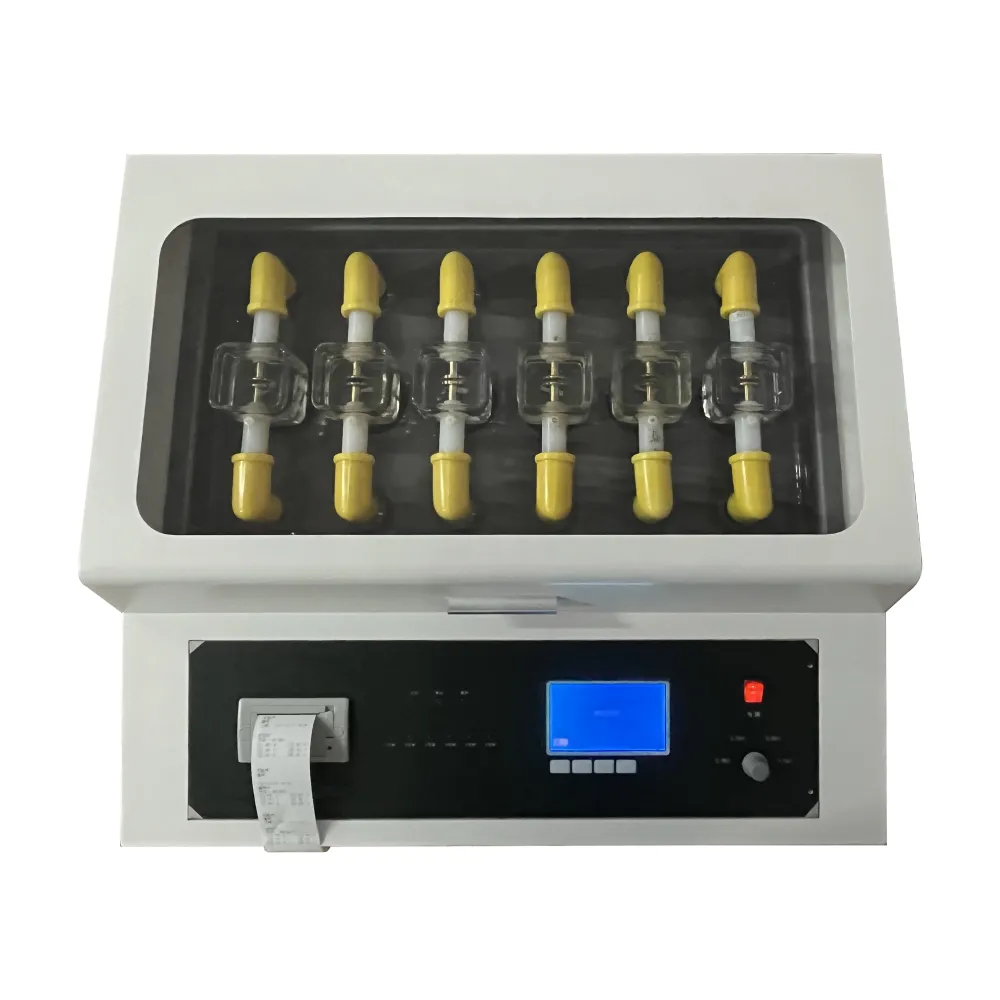 English
English


Essential Equipment for Efficient Oil Distillation and Production in the Industry
Equipment Used in Oil Distillation
Oil distillation is a critical process in the petroleum industry, used to separate crude oil into its various components, such as gasoline, diesel, kerosene, and other valuable products. This separation is achieved through heating and cooling, which capitalizes on the varying boiling points of the different compounds present in the crude oil. Below, we will discuss the essential equipment used in oil distillation, focusing on its function, efficiency, and significance in refining operations.
1. Distillation Columns
At the heart of the oil distillation process are distillation columns, sometimes referred to as fractionating towers. These vertical vessels contain a series of trays or packings which provide surface area for vaporization and condensation to occur. As crude oil is heated and introduced into the column, lighter fractions rise to the top, while heavier fractions descend. The efficiency of a distillation column is largely determined by its design, including the number of trays and the type of packing material used, as well as operational conditions such as reflux ratio and temperature profiles.
Before distillation, crude oil must be heated to facilitate the separation process. Various types of heating units, such as fired heaters and heat exchangers, are utilized for this purpose. Fired heaters burn fuel to generate heat, which is then transferred to the crude oil. Heat exchangers can recover heat from other processes within the refinery to preheat incoming crude oil, enhancing energy efficiency. Maintaining appropriate temperatures is critical, as excessively high temperatures may lead to thermal cracking, resulting in undesirable byproducts.
3. Reboilers
Reboilers are essential components that provide the necessary heat to the bottom of the distillation column. They ensure that heavier components can be vaporized and moved upwards through the column. Effective reboiler design is crucial as it contributes to the overall energy efficiency of the distillation process. The heat transfer efficiency and the management of boiling and condensing fluids significantly impact the performance of the entire distillation setup.
oil distillery equipment

4. Condensers
As the vapors exit the top of the distillation column, they must be cooled and condensed back into liquid form. This is accomplished using condensers, which typically use cooling water or air to remove heat from the vapor. The design of the condenser, including the surface area available for heat exchange, plays a pivotal role in maintaining high production rates and the purity of the distilled products.
5. Pumps and Valves
Pumps and valves are vital for controlling the flow of fluids within the distillation unit. They are used to circulate crude oil through the heating units and to transport the different fractions as they are separated. Efficient pumping systems minimize energy consumption while ensuring consistent flow rates. Moreover, valves enable precise control over pressure and temperature, which are crucial for optimizing distillation conditions.
6. Control Systems
Modern distillation units rely on advanced control systems that utilize sensors and automation technology to monitor and adjust operational parameters in real-time. This ensures that the distillation process remains within optimal conditions, thereby enhancing efficiency and product quality. Automation reduces human error and allows for the safe operation of the distillation equipment.
Conclusion
In summary, oil distillation involves a complex array of equipment that works together to separate crude oil into its constituent products. Distillation columns, heating units, reboilers, condensers, pumps, valves, and control systems are all integral to the success of oil refining operations. By optimizing these components, refineries can enhance efficiency, reduce costs, and improve the quality of the final products, thereby meeting the ever-growing global demand for refined petroleum products. The continuous advancement in distillation technologies will play a significant role in the future sustainability of the industry.
-
Differences between open cup flash point tester and closed cup flash point testerNewsOct.31,2024
-
The Reliable Load Tap ChangerNewsOct.23,2024
-
The Essential Guide to Hipot TestersNewsOct.23,2024
-
The Digital Insulation TesterNewsOct.23,2024
-
The Best Earth Loop Impedance Tester for SaleNewsOct.23,2024
-
Tan Delta Tester--The Essential Tool for Electrical Insulation TestingNewsOct.23,2024





